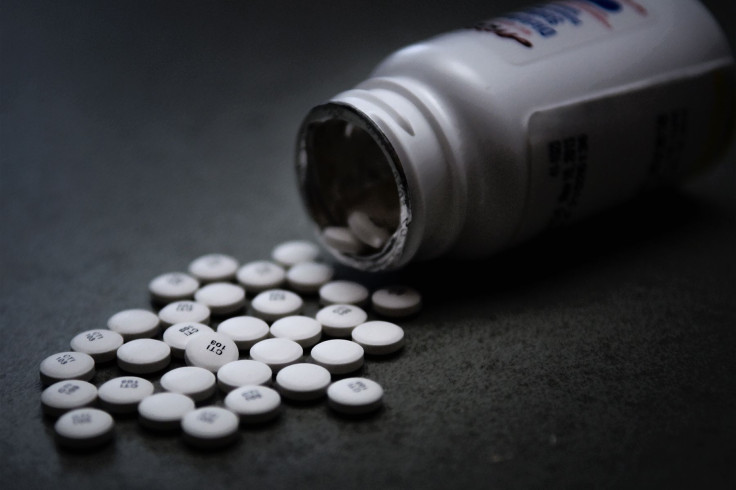Opioid Abuse Increases Risk Of Death From Various Types Of Disease And Injury, Study Finds

KEY POINTS
- Illicit opioids use dramatically increase death from causes other than overdose
- It increases the risk of suicide by nearly eight-fold
- It is also linked to deaths from cancer, trauma and cardiovascular disease
The opioid abuse epidemic has gripped the United States and overdosing is only part of the story. New data links illicit use of opioid painkillers, like oxycodone, hydrocodone and fentanyl, to a variety of noncommunicable diseases, infectious diseases, suicide and unintentional injuries.
A global, multi-university study published in JAMA Psychiatry on December 26 revealed that “people using extra-medical opioids had a higher mortality rate than those of the same age and sex in the general population. Excess mortality occurred across individuals with traumatic causes of death, infectious diseases, and noncommunicable diseases.”
The study went on to suggest that treatment for opioid abuse and addiction include overdose prevention and incorporate interventions to prevent and treat the aforementioned conditions. CNN reports that those who engage in illicit opioid use are eight times more likely to die from suicide, and seven times more likely to die from unintentional injuries.
Sarah Larney, lead author of the study and a senior research fellow at the University of New South Wales' National Drug and Alcohol Research Centre in Australia, highlights various other causes of death associated with excessive and improper opioid consumption: "Smoking-related illnesses such as cancer and cardiovascular diseases are common. Trauma is another major factor. People are exposed to car accidents, assaults and other causes of injuries at greater than usual rates, and suicide is also much more common than in the broader population," Larney said.
"It's really clear that although overdose prevention is critical, we also need to look at the range of poor outcomes that people are experiencing, and work to reduce other causes of excess mortality such as suicide, chronic diseases and infectious diseases."
The Centers for Disease Control and Prevention (CDC) reports that opioid overdose killed 47,000 Americans in 2018, accounting for an overwhelming majority of the over 68,500 overall overdose deaths in the nation.
© Copyright IBTimes 2024. All rights reserved.





















